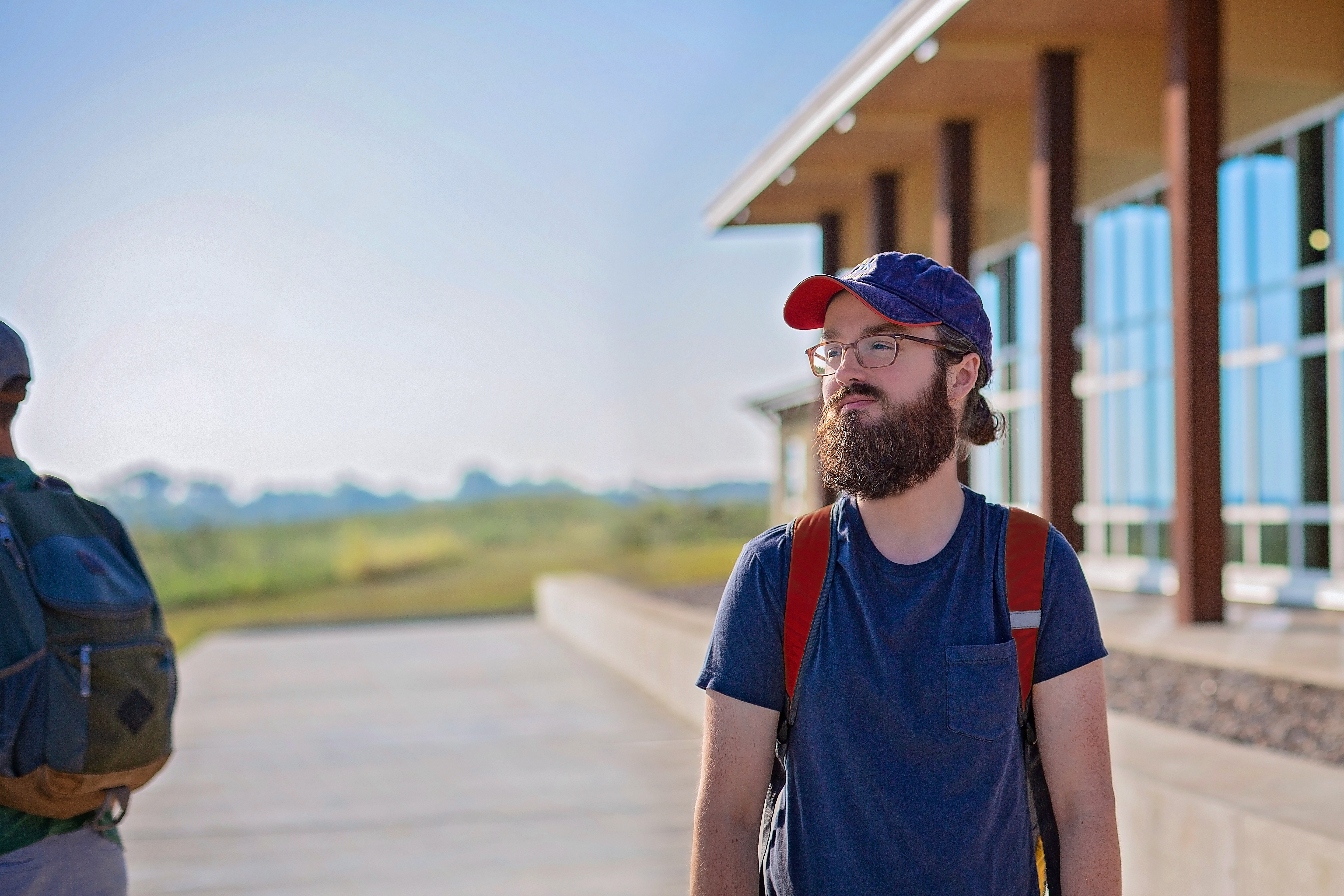For the first time since the Great Depression, the majority of young people are living at home with their parents. Americans in the 18 to 29-year-old bracket have moved home in droves — fleeing college campuses or lonely apartments in cities that have lost their luster during COVID-19.
When COVID passes, where they — or you — will go is anyone’s guess. For the last several decades, young people have gravitated to cities, beginning with boomers in the ’80s, Gen Xers in the ’90s and early aughts, and millennials who’ve most recently defined the city scape.
My prediction is that Gen Z might defy this pattern, and that we could be in for a great resettling of rural America. Recent search data on Redfin shows growing interest in rural and suburban life. Indeed, the pandemic coupled with Western wildfires causes one to consider the consequences of overcrowding, and to think hard about how we are dispersing across America’s roughly two billion acres.
Gen Z — a generation that’s always marched to its own beat — could be perfectly primed to lead this migration. Their sense of individualism — an insistence on being different as reflected in their vocalization of social views or their eschewal of name brands — echoes that of the pioneers who went west to settle the frontier plains. But on a deeper level, rural America also offers many of the things that young people want today: greater access to nature and outdoor recreation, a simpler life, the opportunity to build deeper and lasting relationships as part of a community. There is a richness to rural life that’s not often documented or celebrated.
That is not to mention the more affordable cost of living, and open spaces. Pre-pandemic, Gen Z expressed strong desires for home ownership, and when compared to millennials were less likely to say that renting was a more appealing option than owning a home. Economists have predicted higher levels of home ownership for Gen Z than millennials over the next decade and a half. Certainly, COVID and the ensuing economic recession will introduce new obstacles to homeownership. But a move to rural America could help to ease them, especially when coupled with the greater likelihood of remote employment and the transition to the virtual workplace.
Perhaps most important, for young Americans, a migration to rural America presents a real opportunity (one that’s more elusive in denser, urban areas) to make a difference through civic and community leadership positions. Rural America’s population is aging — a demographic challenge that especially impacts the availability of leaders in positions of civic duty. For a generation that’s uniquely passionate about social issues and the role of government in doing more to address them, this call for leadership poses an enormous opportunity.
There are real societal issues that need action and committed leadership in rural communities: attracting and maintaining more health care professionals, expanding access to broadband, and ensuring greater support and access to the arts. I know this, because I work with students every day, who are partnering to address these issues in rural communities across our states.
Rural America seeks fresh leadership, and moreover, diversity of backgrounds, races, perspectives and experiences, on each of these challenges. And young Americans — with energy, optimism for the future, and a unique sense of self-reliance — should bring it.
Kerry Thomson is the Executive Director at the Center for Rural Engagement at Indiana University.


